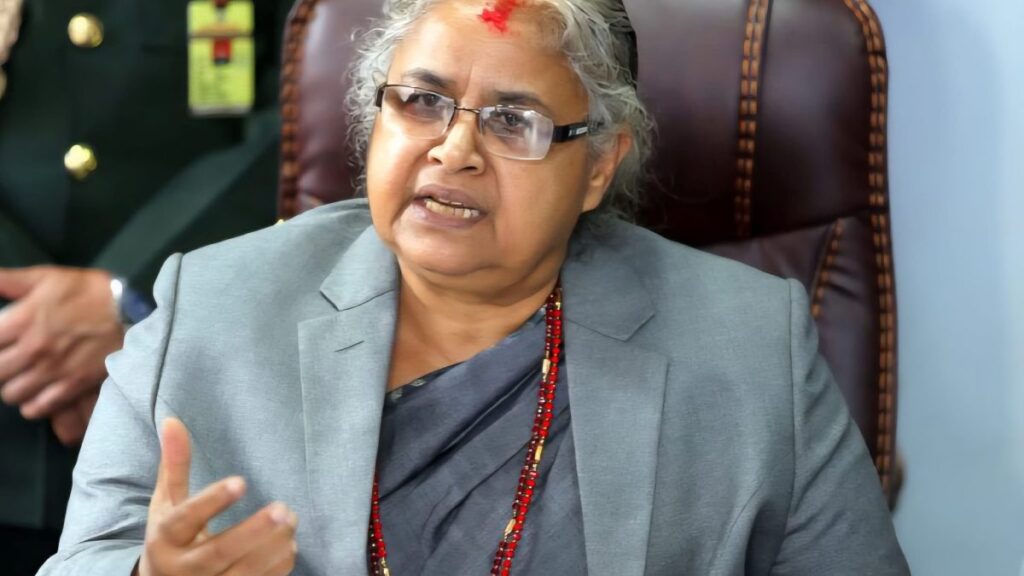Nepal has a new leader after days of violent protests toppled the government. Former chief justice Sushila Karki, 73, was sworn in on Friday as the country’s interim prime minister.
Her appointment comes after youth-led demonstrations shook the nation. Protesters demanded an end to corruption, better governance, and fair opportunities.
Gen Z Takes Charge
The protests began last Monday after a ban on social media apps. What started online quickly moved to the streets. Anger over unemployment and inequality fueled the unrest.
Protesters set parliament and several government buildings on fire. It was the worst violence since Nepal ended its monarchy in 2008.
At least 72 people were killed and 191 injured in two days, according to officials. More than 12,500 prisoners escaped during the chaos, leaving a major security challenge.
A Leader From the Streets
Karki was chosen by thousands of young activists who organized on Discord. She admitted she had not sought the role: “My name was brought from the streets,” she said.
Her message was clear: “We have to work according to the thinking of the Gen Z generation.”
She pledged to serve only six months. New elections are set for March 5, 2026.
A Tough Road Ahead
Nepal faces deep economic struggles. One in five young people is unemployed. GDP per capita stands at just $1,447, among the lowest in Asia.
Regional powers have welcomed Karki’s appointment. India’s Prime Minister Narendra Modi promised support, while China said it hopes to strengthen ties. The Dalai Lama also wished her success in leading Nepal through “challenging times.”
Hope for Change
Karki began her first day in office with a minute of silence for those killed in the protests. She urged citizens to help rebuild a peaceful, fair, and corruption-free Nepal.
“We will not stay more than six months,” she said. “We will complete our responsibilities and hand over to the next parliament.”
With Gen Z at the center of change, Nepal now faces a critical test: can its new leader turn protest into reform?

